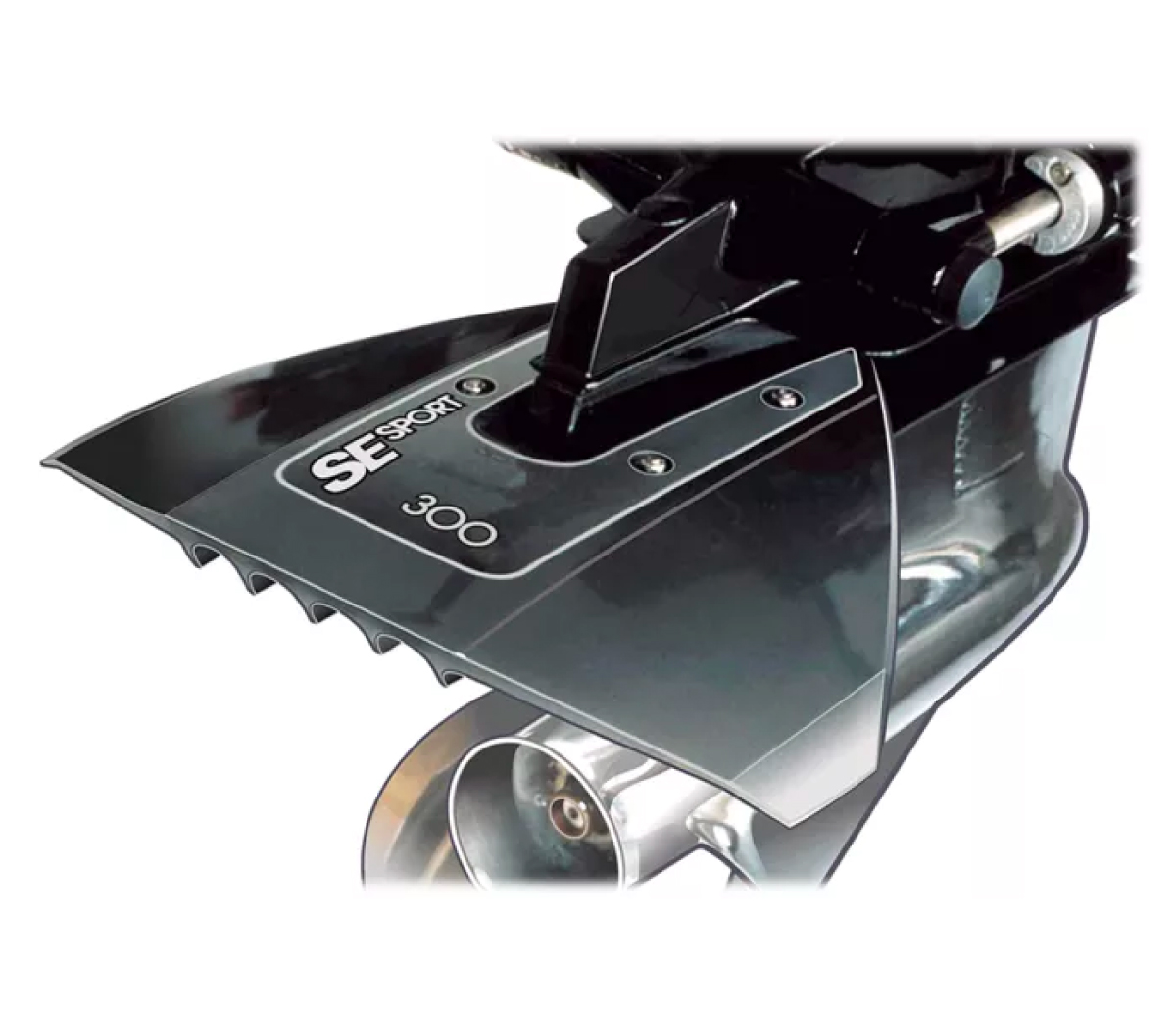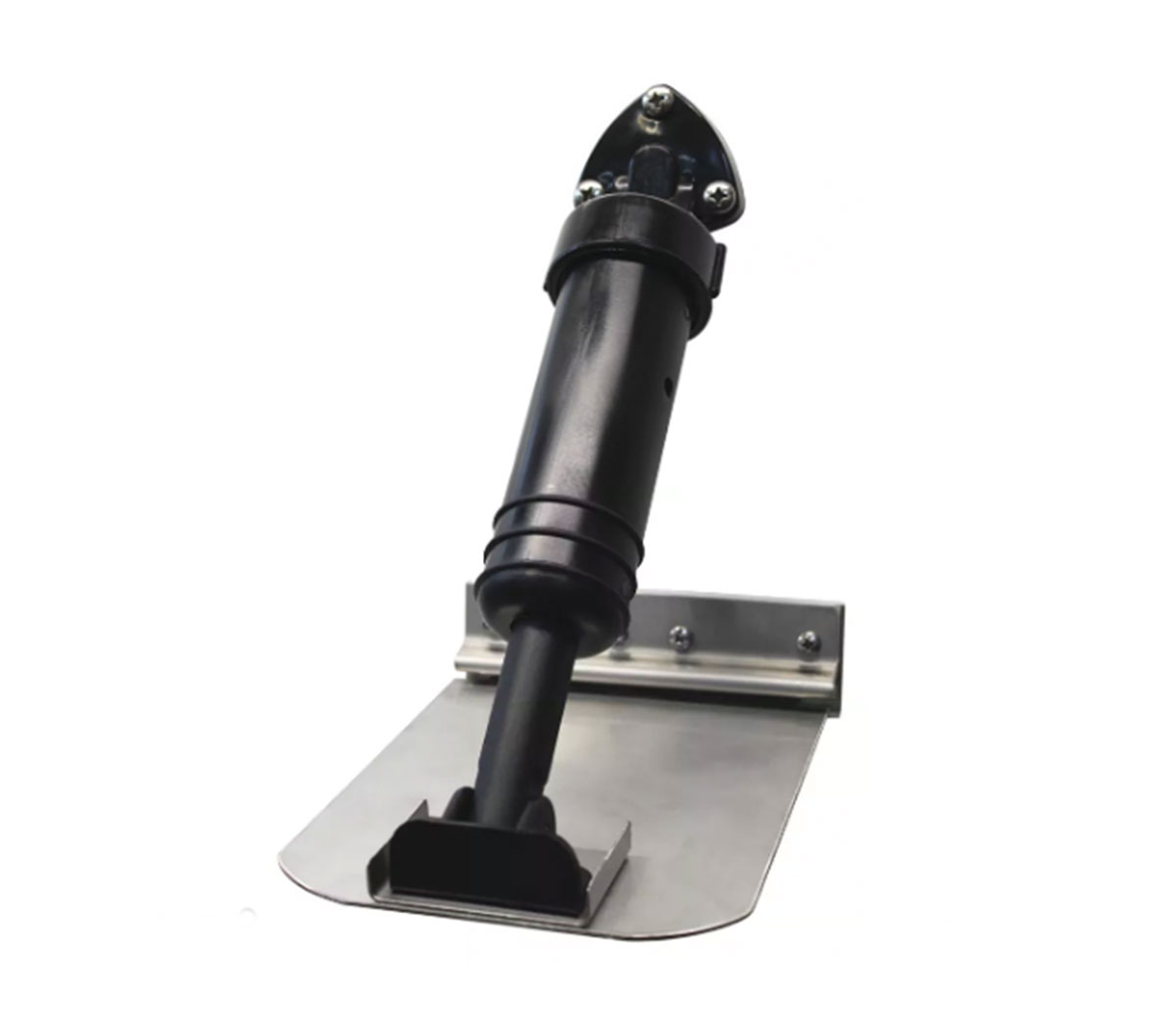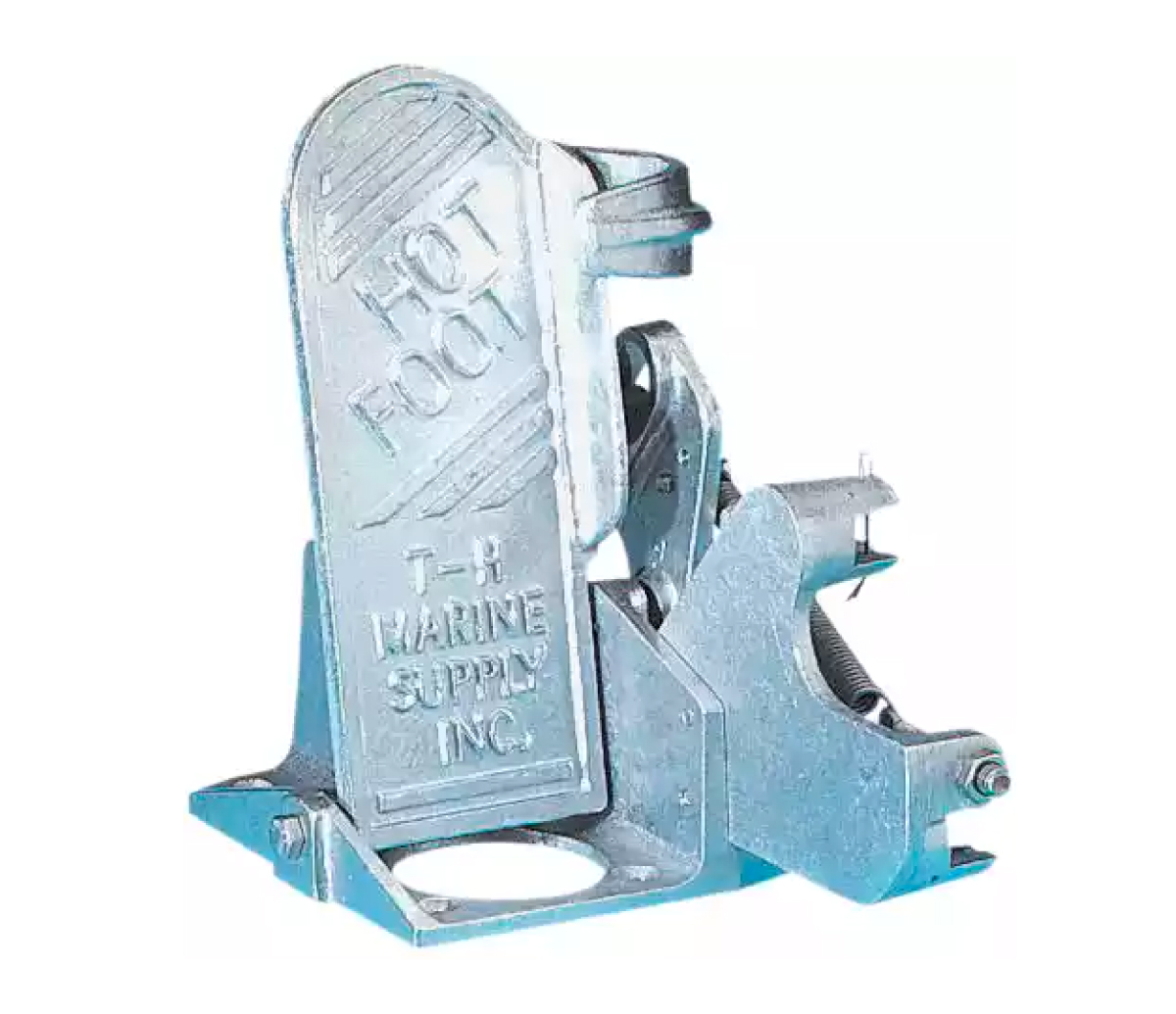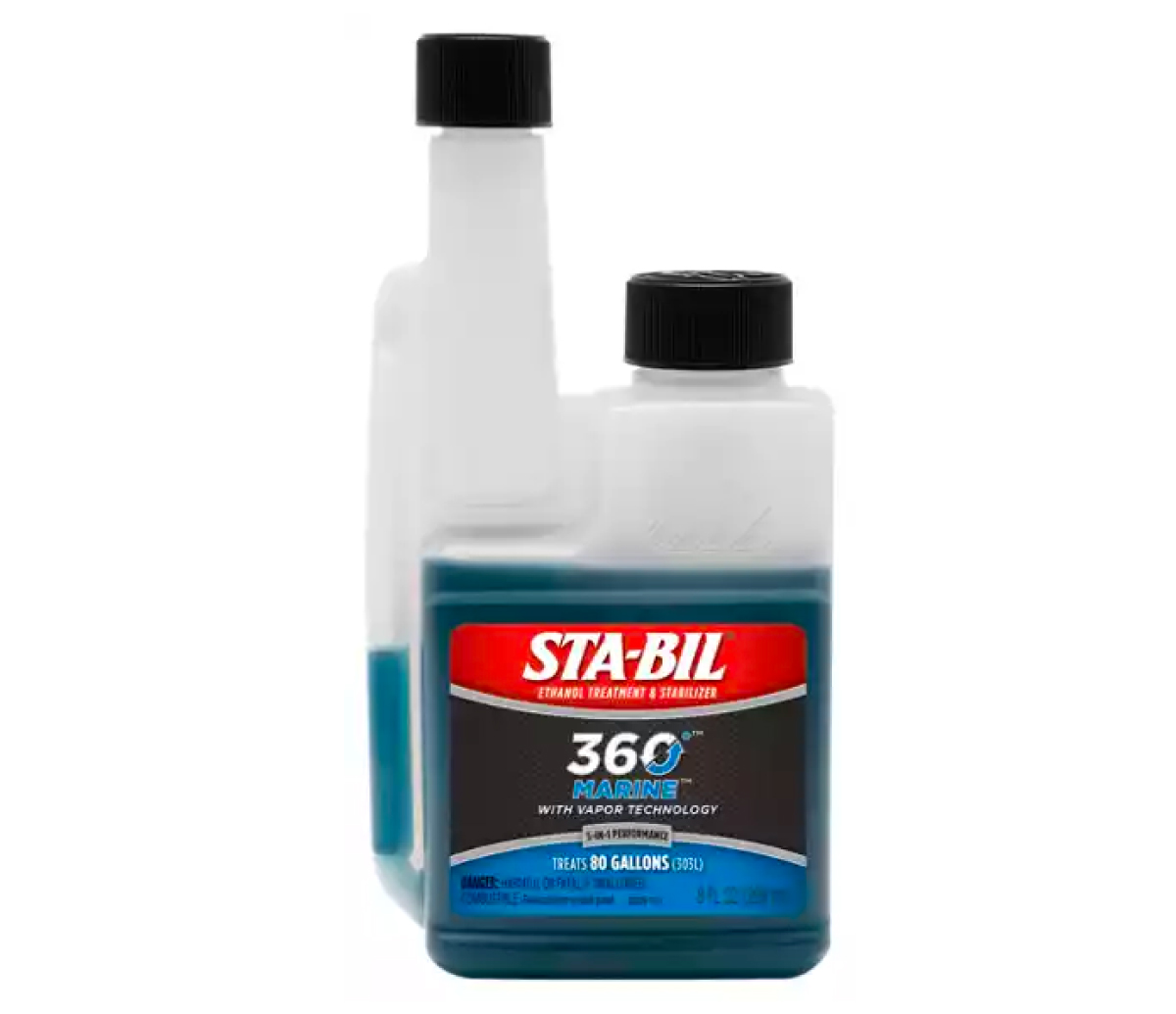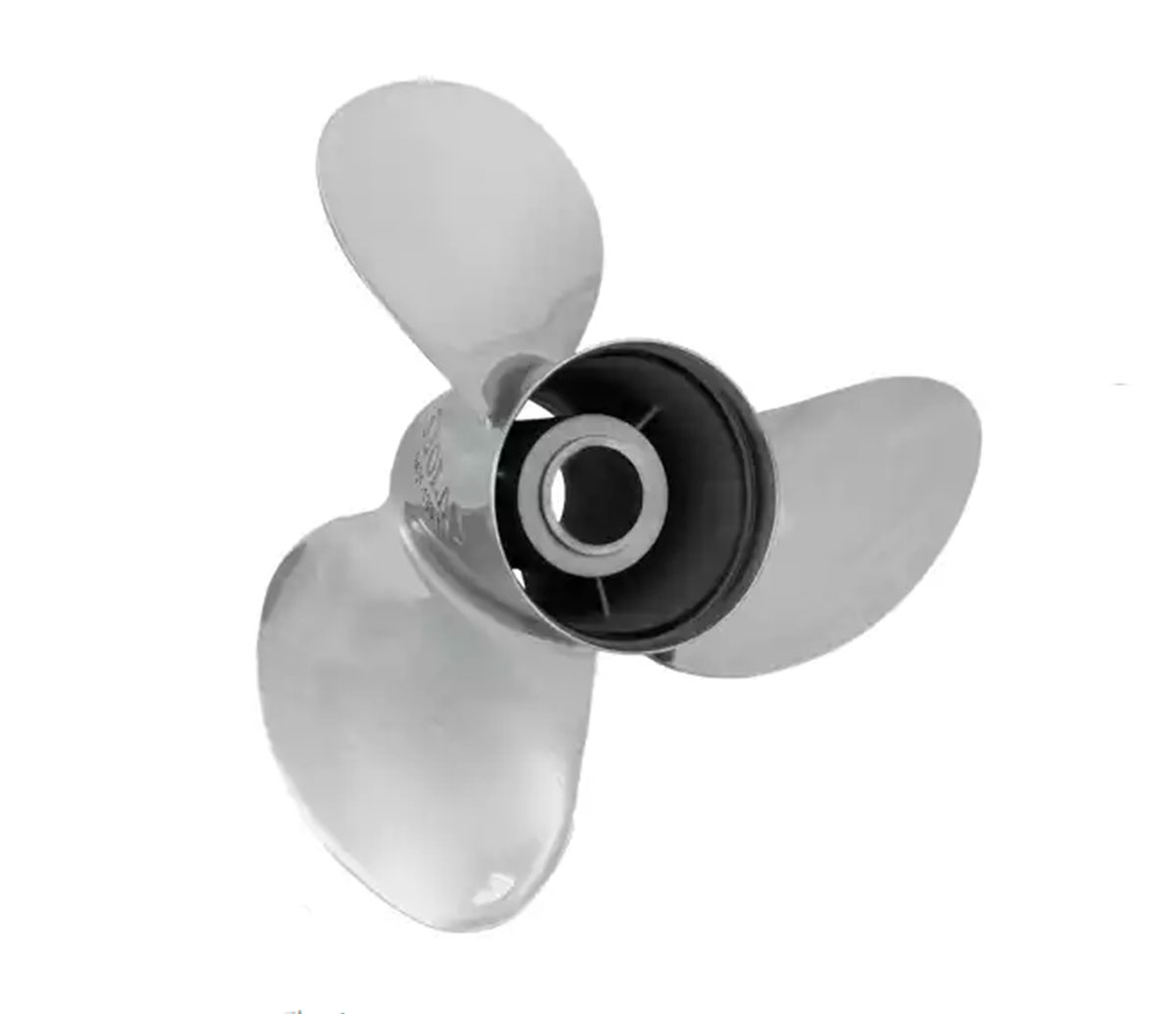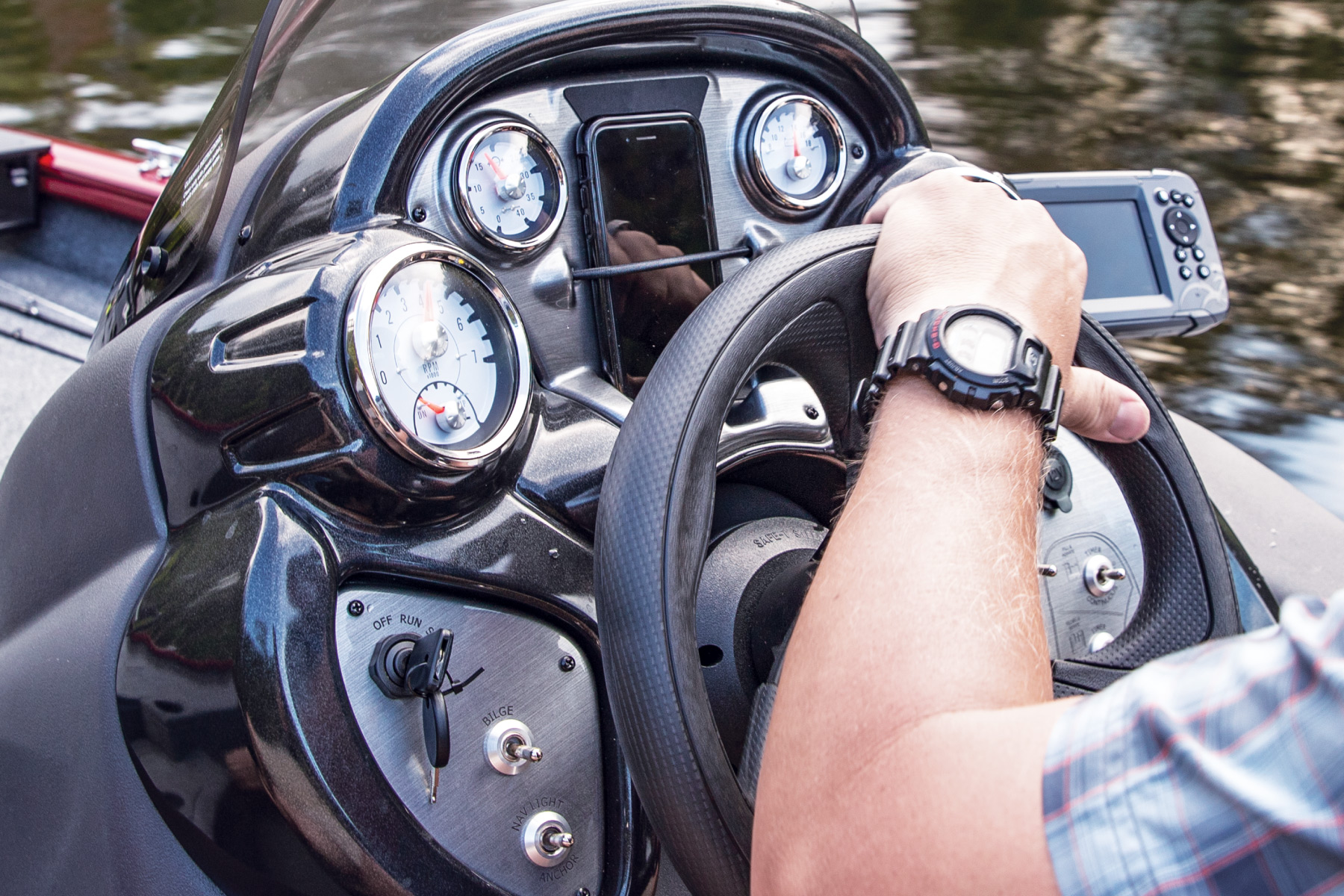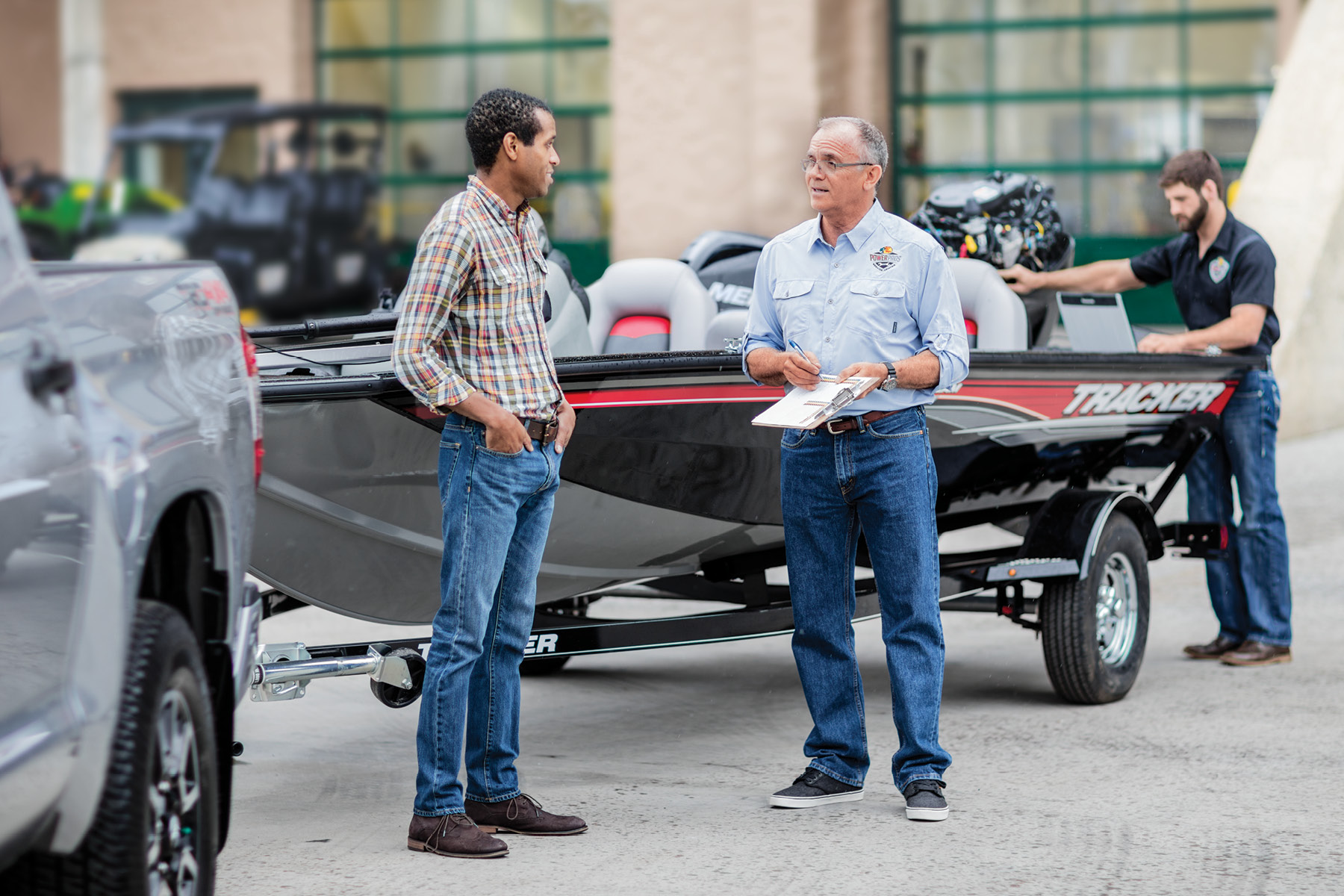Before answering that question, let’s deal with the ugly side of the fuel world as it relates to outboard motors. The ugly word is 15% Ethanol (aka E15). While safe in many newer-model-year vehicles, E15 presents a particular risk to marine engines due to the increased risk of fuel separation when in the presence of condensation and water. In addition, the increase in ethanol presents more opportunity to harmfully react with fuel tanks, fuel filters and carburetors. That is the short answer.
One of the biggest challenges facing boaters is maintaining fuel stability. Gasoline begins to degrade immediately and, if untreated, has a shelf life measured in weeks, not months. Gasoline oxidizes and forms films and lacquers that can gum up and clog fuel components such as carburetors and injectors. That is where fuel stabilizers can help. Companies like Chevron, Sta-Bil and Lucas offer stabilizers that can help. So, no, a fuel additive will not directly improve performance, but over the long term it will keep the engine healthy.

